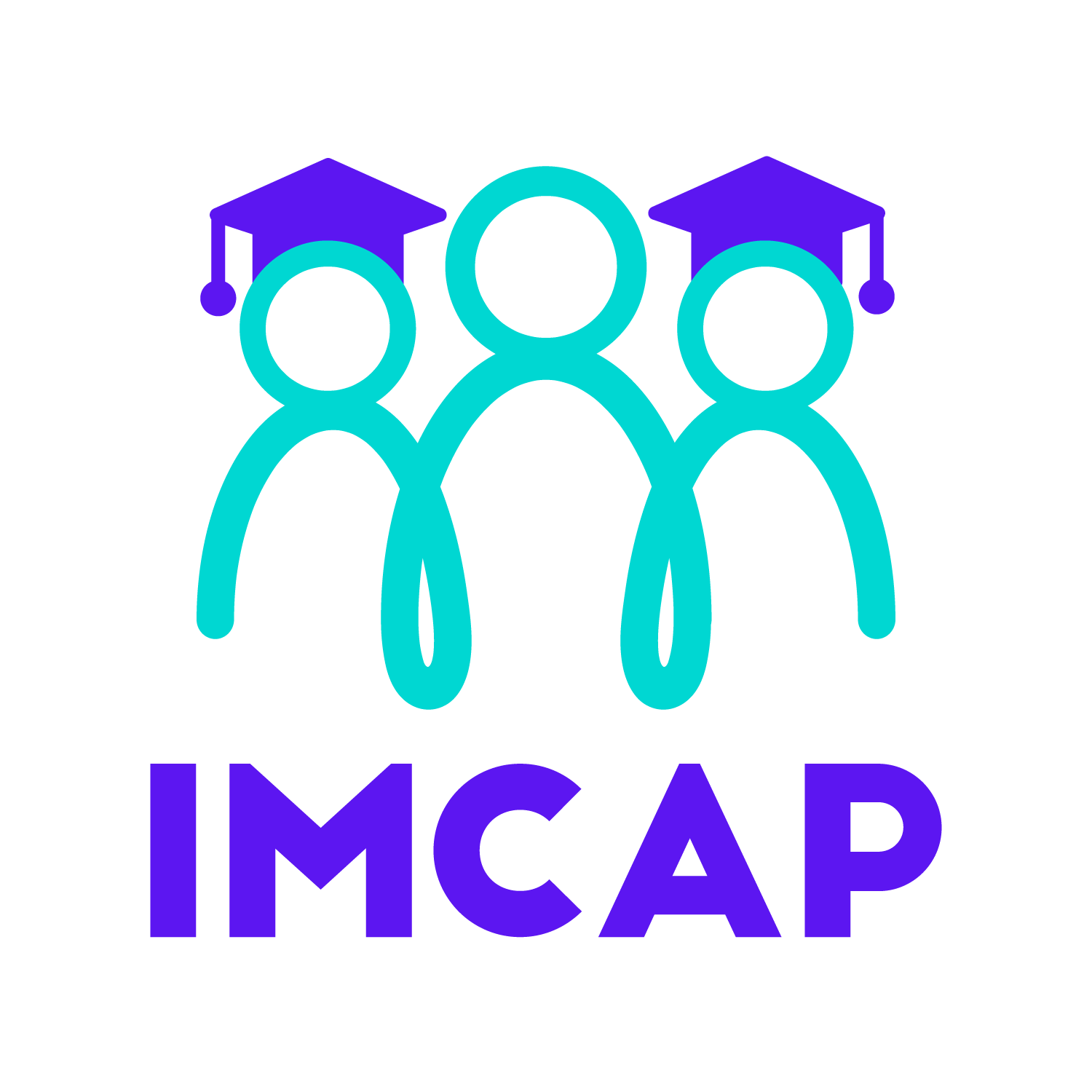
According to the 2015 OECD study “Review of Migrant Education,” there is a huge gap between migrant and native students in terms of academic performance. Moreover, the difference is more visible among first-generation immigrant students. The study shows that 51% of first-generation immigrant students failed to reach baseline levels of academic proficiency in reading, mathematics, and science in 2015, compared to 28% of students without an immigrant background. In the long term, these differences cause discrepancies among society and negatively affect the economy and prosperity at large.
The transition into a new country can be challenging for adults; however, this situation must be even harder for children who have had to leave their home and move to a country where they can’t speak the language, or who feel like outcasts because they don’t have the same culture as their classmates. So, how can we support these children to bride the academic gap between themselves and their peers?

It is for these reasons that the EU-funded Improving Migrant Children’s Academic Performance, or IMCAP, project aims to create a bridge between immigrant parents of school-age children and their teachers. By doing so, the project will create an environment where migrant students do not lag behind because of unfair disadvantages. The project is coordinated by Reading, UK-based Eurospeak Language School with support from their partners Indepcie (Spain), TopCoach (Slovakia), and the Center for Social Innovation (Cyprus).
The IMCAP project’s success is only possible with the collaboration of families and educators. From a modern educational perspective, education is not a process that can only be delivered within the walls of the school. It’s a holistic approach which requires the equal contribution of the families and educators. In this sense, migrant students should be approached with a more sensitive attitude.

Nowadays, many teachers around Europe must adapt to increasingly multicultural classrooms. Therefore, it’s essential for the teachers to be dynamic and responsive educators who can communicate with every single student in the classroom. Moreover, their responsibility does not end within the classroom; they need to be in touch with the parents too. Bearing this situation in mind, we can say that teachers are at the forefront combating the issues of early school leaving and failure in education. Unfortunately, some teachers are left almost alone without the necessary time, funds, materials, and awareness.
To mitigate these issues, the IMCAP project will see the creation of:
- A capacity building booklet to prepare teachers to work in a culturally diverse classroom and actively engage parents of different ethnicity in the education process,
- A cultural handbook for parents so they become familiar with host country culture, the current school system and what is expected of them,
- A networking platform for schools/teachers to be able to undertake regular knowledge exchange thereby promoting a collaborative approach to learning.
In the long term, the IMCAP project aims to prevent the occurrence of poor academic performance among these vulnerable and disadvantaged groups in society by creating a bridge between the families and schools and providing necessary tools.

In summary, the IMCAP project focuses on three objectives:
- To prepare teachers of school-age children to work in a culturally diverse classroom and actively engage parents of different backgrounds in the education process, to increase cultural awareness of their stereotypical beliefs, to improve teachers’ skills to deliver necessary support to the migrant students,
- To enable immigrant parents to engage more in the school system of the host country, to increase cultural awareness of parents about domestic culture,
- To create a set of tools that will facilitate the academic success of children of immigrant parents through the adults around them.
By the end of the project, migrant students are expected to receive the necessary support and guidance both academically and emotionally.
To get more information and updates about the project, check the IMCAP website. You can also follow the project’s Facebook and LinkedIn pages for updates and tips for teachers and parents of school-age migrant children.

